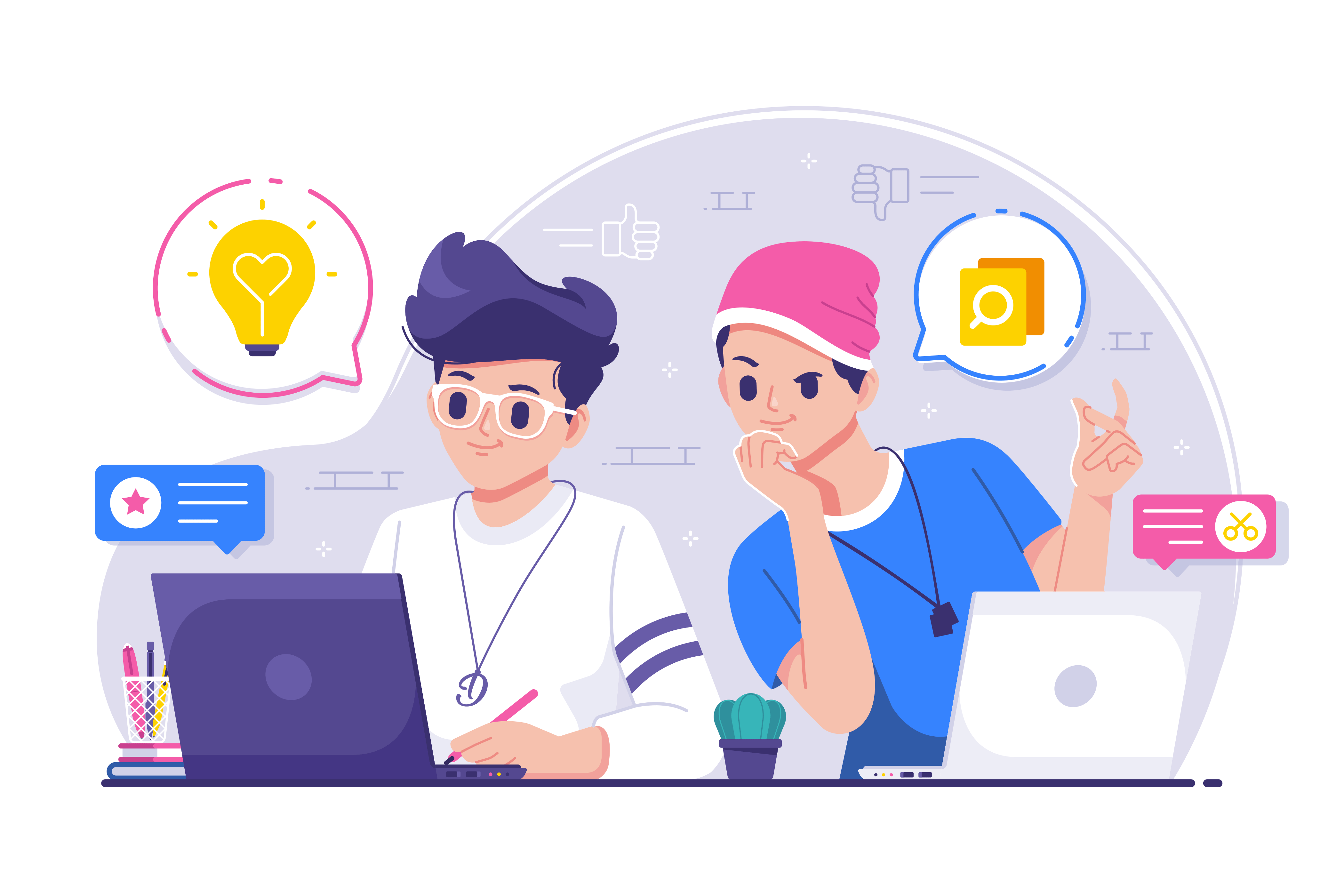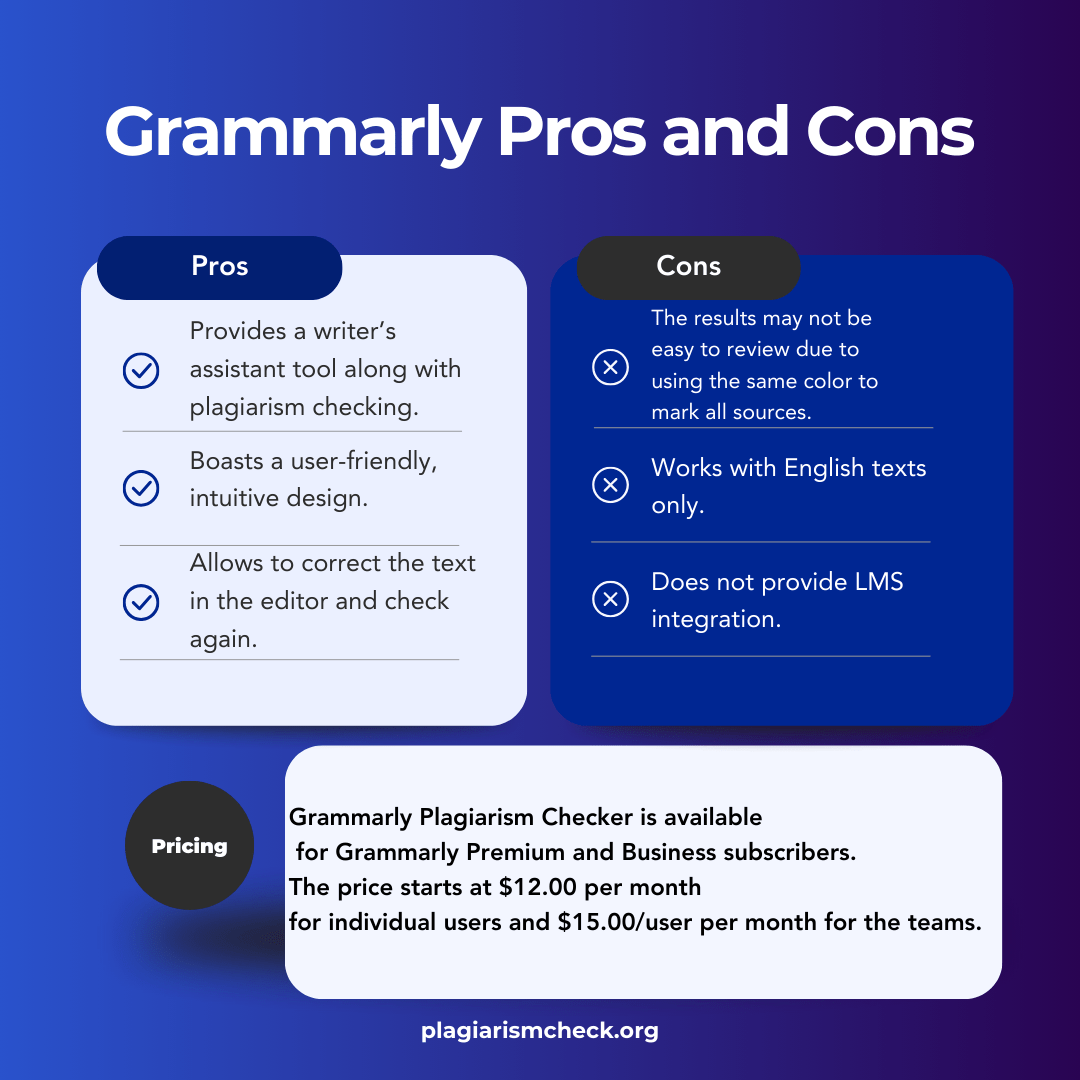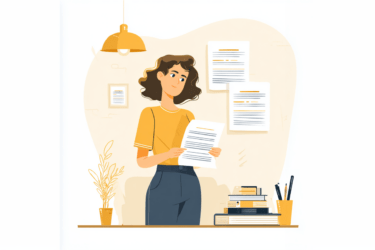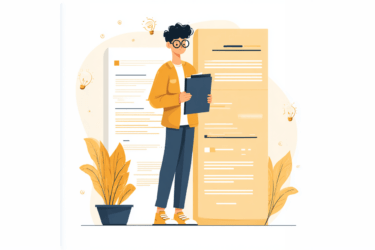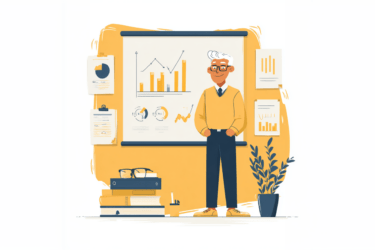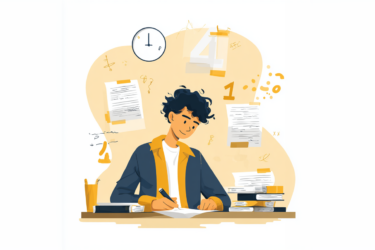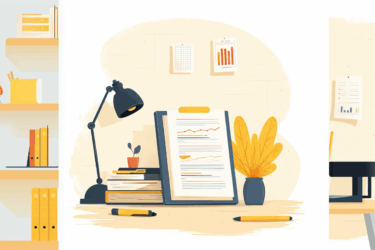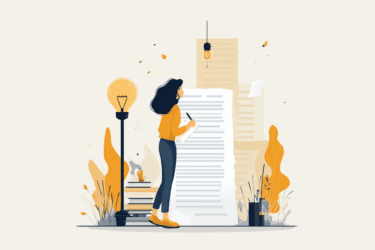We want to sound confident, authentic, and original when composing a text, whether an academic assignment or a blog post. Grammarly and PlagiarismCheck.org are the instruments that help us find our voice. What is the difference between these two, and which checking plagiarism tool is more suitable for you? Let’s see a plagiarism checker comparison.
Grammarly vs Plagiarismcheck: plagiarism checker comparison
PlagiarismCheck.org | Grammarly | |
Main focus | Plagiarism detector with proofreading and other features | Writer's assistant with plagiarism checker |
Payment Policy | Price starts at $1/user for organizations and $5.99 for 20 pages ($0.30/page) for individuals | Price starts at $12.00/month for subscription |
Ease of use | User-friendly interface, detailed reports Reports are available for download as PDF | Clear design, user-friendly interface Reports may be difficult to read as all sources are marked with the same color |
Ease of setup | Easy | Easy |
Ease of admin | User-friendly admin panel: allows managing users, documents, and settings, provides access to usage reports and detailed results analysis | No admin panel or management features (designed for individual users) |
Databases | Custom database Custom academic database Deep Internet search | No custom database ProQuest databases Deep Internet search |
Other features | Fingerprint Authorship Identification AI-generated Content Detector Citation Generator Proofreading | Writer's assistant |
Customer support quality | 24/7 support via phone Support via email FAQ section on website Live chat support | No support via phone Support via email FAQ section on website Live chat support |
Platforms integration | Moodle, Canvas, and Google Classroom integration API access Google Docs integration | No LMS integration Browser extensions Google Docs integration |
Grammarly Plagiarism Checker pros and cons
Grammarly is an indispensable helper for any student, content-maker, and everyone who writes texts. The tool is designed to correct grammar, spelling, and punctuation mistakes, eliminate typos, and adjust the style, making the text sound more fluent, inclusive, and appropriate.
Generative AI assistance facilitates overcoming writer’s block, and Plagiarism Detection guards the text’s originality.
Grammarly Plagiarism Checker is available for Grammarly Premium and Business subscribers. The price starts at $12.00 per month for individual users and $15.00/user per month for the teams.
Strong sides
- Provides writer’s assistant tool along with plagiarism checking.
- Boasts a user-friendly, intuitive design.
- Allows to correct the text in the editor and check again.
- Can be easily integrated into any workflow through the browser extension.
Limitations
- The results may not be easy to review due to using the same color to mark all sources.
- Works with English texts only.
- Does not provide comprehensive reports.
- Does not provide Learning Management System (LMS) integration.
PlagiarismCheck.org pros and cons
According to educators, PlagiarismCheck.org is the best plagiarism detection tool for institutions and individuals. It is designed to meet the teachers’ and students’ needs and helps to improve writing skills, develop creativity, and protect academic integrity, which makes the tool one of the best Grammarly alternatives.
LMS integration makes PlagiarismCheck.org an organic part of any workflow. Constantly improving algorithms and extended databases ensure the high accuracy of the results, and comprehensive reports ease assignment submission and checking.
The price starts at $1 per user for organizations. The individual subscription cost starts at $5.99 for 20 pages, making $0.30 per page.
Strong sides
- Saves time: upload multiple documents and check them simultaneously.
- Compares the assignment with your sources through the custom database.
- Provides flexible check settings.
- Detects paraphrased and modified text.
- Checks the text for AI-generated content traces.
- Provides links to sources for review and analysis.
- Prevents ghostwriting through Authorship verification.
- Works with multiple languages.
- Recognizes quotes and references.
- Helps with proper citation.
Limitations
- Does not provide access to paid scientific databases.
- Does not provide detailed grammar and style-checking assistance.
Best plagiarism detection tool for your needs
Grammarly is a reliable writer‘s assistant that provides a comprehensive style, grammar analysis, and similarity detection. It is an excellent tool for making your text sound natural and staying errors and typos-free. It has an in-built plagiarism checker but focuses on editing and adjusting the writing style.
If your main task is to check plagiarism, PlagiarismCheck.org proves to be more accurate and provides more originality-focused features like AI Text Detector and authorship verification.
Why originality check is important
Upholding academic integrity requires students and academics to submit original and non-plagiarized work. By avoiding plagiarism, students and academics can steer clear of severe repercussions, such as failing assignments, suspension, loss of credentials or employment and potential copyright disputes.
Institutions also benefit from promoting authentic work. It enhances their reputation and underscores their commitment to maintaining high academic standards.
Plagiarism checking also serves as a valuable educational tool. Highlighting potential plagiarism allows students, researchers and professionals to understand the importance of proper citation and attribution. It encourages them to develop good research and writing habits, such as paraphrasing, summarizing and citing sources correctly.
Anti-plagiarism strategies
Several effective anti-plagiarism strategies can be employed to prevent plagiarism. One of the strategies is educating students and writers about plagiarism, its various forms, and the consequences it can have on their academic and professional lives.
Emphasize the importance of academic integrity, ethical writing practices and respecting intellectual property rights. Institutions and educators also can integrate discussions and assignments on plagiarism into the curriculum across different disciplines.
Teaching proper citation and referencing is important in preventing plagiarism. It includes educating students about different citation styles like APA or MLA and how to use them correctly in their work. It helps reduce the chances of unintentional or intentional plagiarism.
For educators, designing assignments that foster critical thinking and originality is an effective strategy to prevent plagiarism. Creating tasks encouraging independent thought and analysis motivates students to produce unique work instead of plagiarizing.
Scan for plagiarism with plagiarism detection tools are also an effective way to prevent plagiarism. These tools act as a deterrent to potential plagiarists. Knowing that their work will be checked using plagiarism detection software encourages students and writers to think twice before engaging in dishonest practices.
However, human intervention is valuable in combating plagiarism, even using plagiarism checker tools. Manual review by experts can help validate the results, identify nuances and make informed judgments in complex cases. Human intervention also allows for context-specific considerations that may not be captured by automated systems alone.
Join thousands of educators, students, and writers who have discovered the benefits of PlagiarismCheck.org! Schedule a free demo or try a free scan for plagiarism now.
